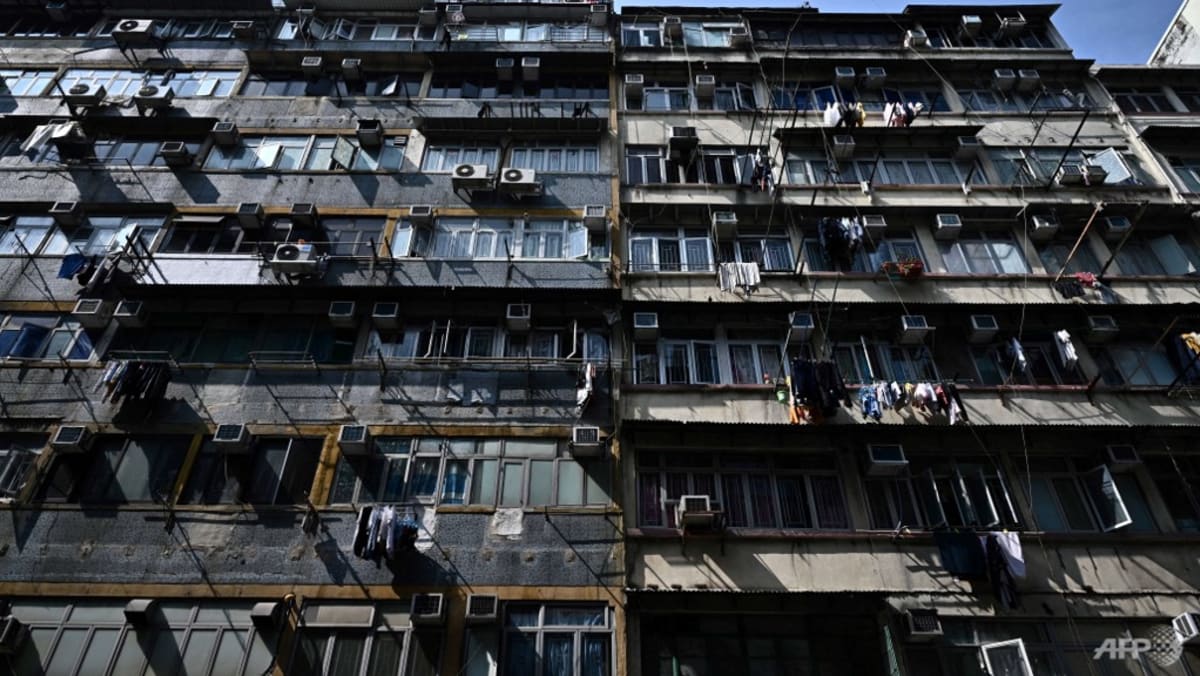
China’s mainland leaders, who have increasingly tightened their control over the city, have blamed unaffordable housing for massive social unrest that erupted in 2019 and called for policy solutions.
The completion of these units would be years away, while supply has continued to constrict. The number of private homes that can be produced from available land plots plunged from a peak of 25,500 in 2018 to 13,020 in 2021, according to think-tank Our Hong Kong Foundation.
Home values have risen a further 5 per cent so far in 2021. City officials have also expressed a desire to stop developers from building the tiniest of homes, of less than 200 sq ft.
Markets can sometimes offer their own corrections, however, and there have been indications of home buyers being less than satisfied with the microflat trend. According to data provided by Liber Research, prices for flats under 260 sq ft rose only 78 per cent between 2010 and 2019, less than half of the overall market increase.
“The popularity of nanoflats has dropped in the past year,” says Joseph Tsang, chairman of Jones Lang LaSalle in Hong Kong.
Some new projects have had difficulty selling nanoflats while larger apartments continued to find high demand, he says. Some buyers have even sold at a loss from what they paid to buy into new construction.
"People realise that, if they could afford such a high unit cost, they might as well buy a bigger one, or buy in a more remote location with more space,” he says.
Nonetheless, the average cost of a nanoflat with less than 200 sq ft rose to US$3,276 per sq ft in the first nine months of 2021, according to Midland Realty; that makes the smallest homes more expensive than a typical-sized flat - almost US$500 more expensive per sq ft.
Some civic groups have petitioned to prohibit developers from building tinier and tinier homes: The same square footage divided into two apartments reaps higher profits for the developers, while taking a toll on society as a whole.
“It’s not that people really want to live in small apartments, it’s just very unfortunate that we don't have a strong enough societal consensus that decent housing is a right,” says Ng, the Chinese University professor.
“People have, year after year, really switched into a mindset that only relates to property for its exchange value, rather than what we call use value. Housing is for people to use, to raise a family, to develop social network, to build communities and to flourish as a result of that.”
Most microflat dwellers hope their situation is temporary, that by the time they are ready to couple up or have a family, they will be able to upgrade. Dr. Lee, who is currently renting his place in Kowloon, is saving for a down payment on a two-bedroom unit someday. "I live in such a small unit to save money," he says. "I want to move out as soon as possible."
https://news.google.com/__i/rss/rd/articles/CBMiXGh0dHBzOi8vd3d3LmNoYW5uZWxuZXdzYXNpYS5jb20vYXNpYS9ob25nLWtvbmctaG91c2luZy1hcGFydG1lbnRzLW1pY3JvZmxhdC1uYW5vZmxhdC0yMzAzNDA20gEA?oc=5
2021-11-10 07:31:57Z
CBMiXGh0dHBzOi8vd3d3LmNoYW5uZWxuZXdzYXNpYS5jb20vYXNpYS9ob25nLWtvbmctaG91c2luZy1hcGFydG1lbnRzLW1pY3JvZmxhdC1uYW5vZmxhdC0yMzAzNDA20gEA
Tidak ada komentar:
Posting Komentar